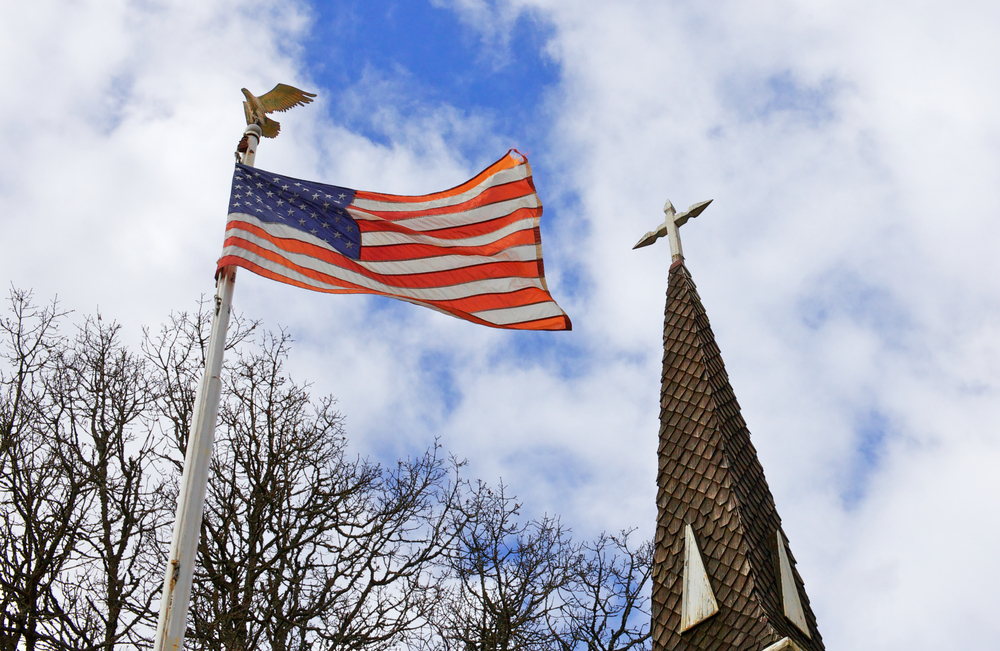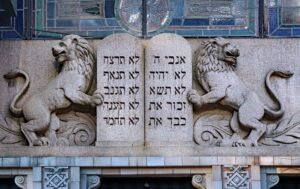John Roberts wrote three cases dissolving the separation of church and state. Will he take another leap of faith?
Over his 20 years on the Supreme Court, Chief Justice John Roberts has demonstrated an ability to slowly build the scaffolding, case by case, for a major development in the law. At the same time, he is also known for famously decrying “jolts” to the legal system.
Roberts wrote the three cases that proponents of an Oklahoma religious public charter school relied on Wednesday in a major dispute over the First Amendment’s protections for religion.
He began in a limited vein in 2017, requiring Missouri to pay for playground resurfacing at a church school as it did for non-religious places. But Roberts then authored decisions in 2020 and 2022 favoring parents seeking student aid and tuition assistance for religious schools, as was available at nonsectarian schools.
ustice Sonia Sotomayor, among the dissenters who said those cases breached the constitutional separation of church and state, responded in the last one: “This Court should not have started down this path five years ago. … I warned (in the 2017 case) that the Court’s analysis could be manipulated.”
The St. Isidore of Seville Catholic Virtual School now argues that the trio of cases leads unavoidably to a ruling that would require states to finance religious public charter schools. Most of the court’s conservatives appeared to agree.
And after oral arguments Wednesday, it looked as if Roberts, who led the court to this moment, would be the one to cast the deciding vote. The chief justice, however, at times seemed hesitant to take the leap for which he’d laid the ground.
Referring to the three earlier cases, Roberts said, “Those involved fairly discrete state involvement” with religion. He told James Campbell, one of the lawyers representing the St. Isidore school, “This does strike me as a much more comprehensive involvement.”
The new case will be decided by an eight-member court, and the possibility of a tie 4-4 vote exists.
Justice Amy Coney Barrett, who is not participating, did not officially provide a reason for recusing from the case. But the former Notre Dame law professor has a personal connection to members of the school’s religious liberty clinic that helped develop the case.
If Roberts votes with his four conservative brethren, who all seemed ready to side with St. Isidore, they’d have the requisite five-justice majority.
But if Roberts instead votes with the three liberals, who voiced strong reservations about the possibility of a taxpayer-funded religious school, it would be a 4-4 split. The result would affirm the Oklahoma Supreme Court’s decision last year invalidating the St. Isidore initiative.




